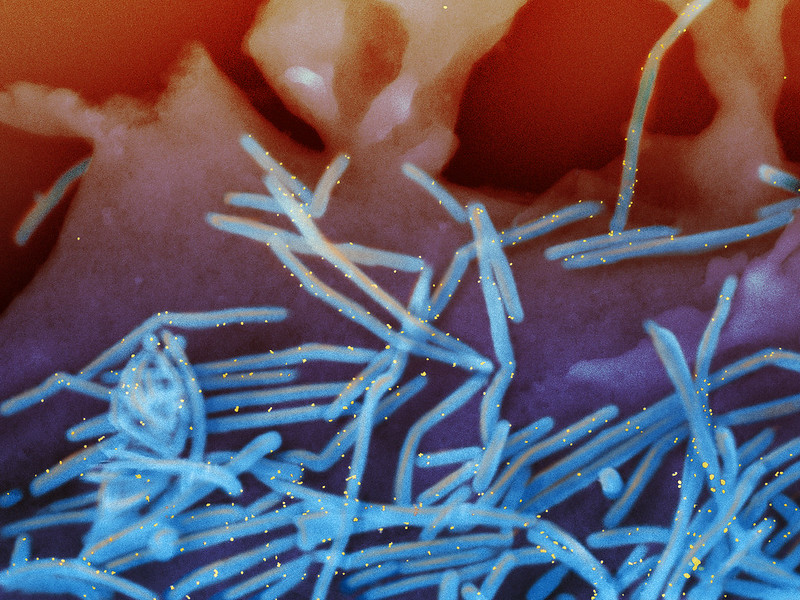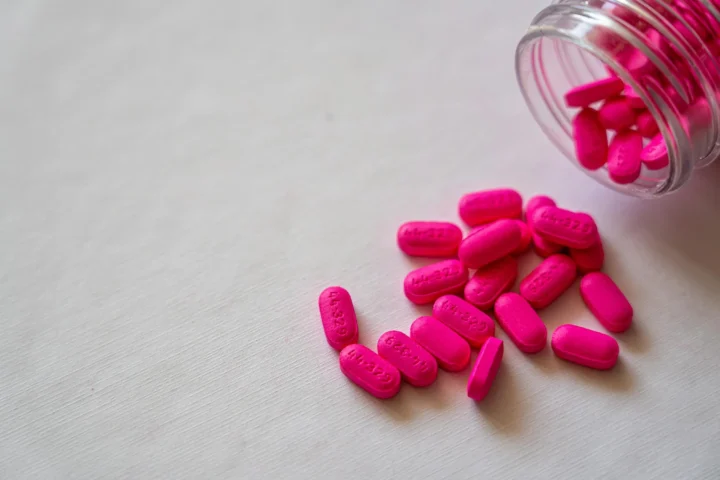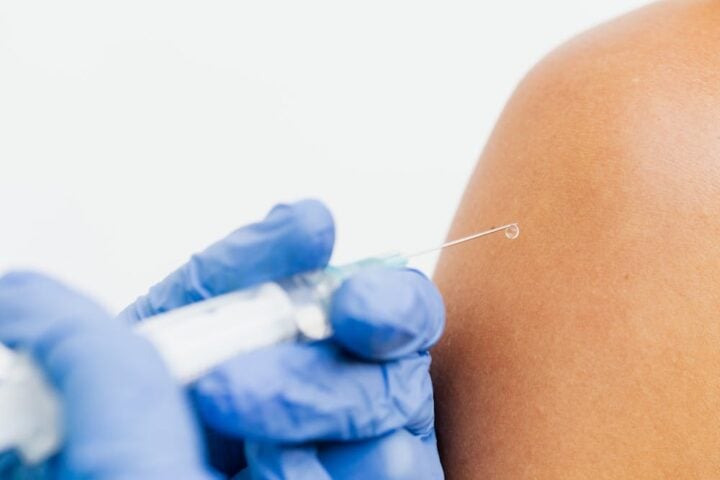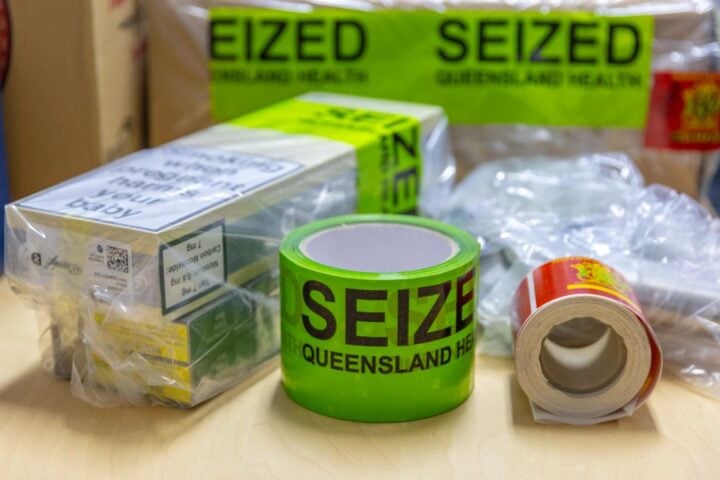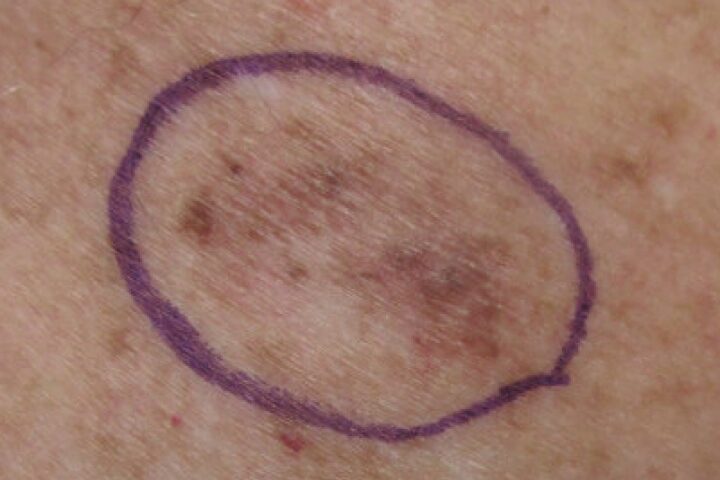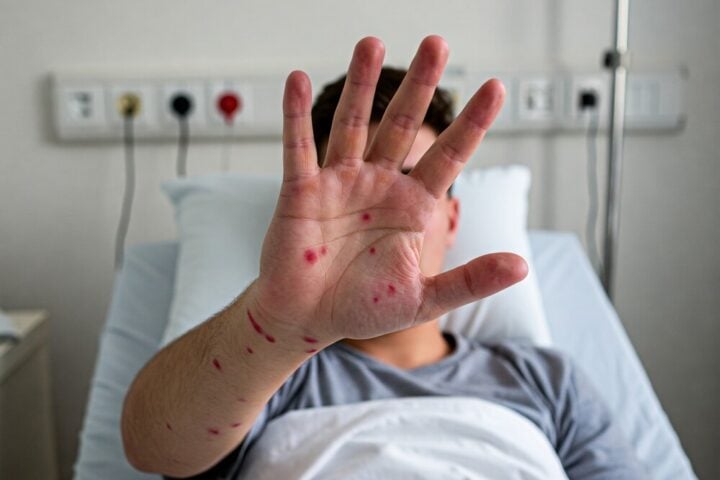Rising cases of respiratory syncytial virus (RSV) across North America have prompted health authorities to accelerate the deployment of new preventive measures, as data shows concerning infection rates, particularly among infants and older adults.
Current Situation
RSV cases are climbing rapidly, with infants under one year constituting the largest proportion of infections, according to recent Health Canada data. Georgia ranks among the states with the highest weekly rates of positive RSV tests as of 12th December 2024.
Nearly half (49.8%) of RSV-related hospitalizations in Canada from 2021 to 2022 involved patients under six months of age. In the United States, 2-3 out of every 100 infants under 6 months are hospitalized for RSV, while 100,000 to 150,000 older Americans face hospitalization from the virus each year.
New Prevention Tools
Two major preventive options have emerged:
Nirsevimab (Beyfortus), approved in 2023, has demonstrated 93% effectiveness in preventing RSV hospitalization and 89% effectiveness in preventing all types of RSV-related medical visits, according to research published in JAMA Pediatrics. The drug uses laboratory-created antibodies to block viral cell entry.
“RSV is an important cause of disease burden in infants in the United States, costing $472 million per year,” states Dr. David W. Hutton, professor at the University of Michigan School of Public Health.
The maternal RSV vaccine Abrysvo, introduced in May 2024, can be administered between 32-36 weeks of pregnancy. “A little baby has an immunity gap and doesn’t have the strongest immunity system to protect themselves, so they are more vulnerable and sensitive to get really sick,” explains Dr. Darine El-Chaar, maternal-fetal medicine physician at Ottawa Hospital.
Economic Impact
Cost analysis reveals both preventive measures reduce healthcare expenses but increase overall spending:
- Nirsevimab implementation could prevent:
- 14,341 RSV-associated hospitalizations annually
- 14 deaths per year
- 107,253 outpatient visits
- 38,204 emergency department visits
- Maternal vaccination could prevent:
- 7,571 hospitalizations annually
- 8 deaths per year
- 45,693 outpatient visits
- 15,866 emergency department visits
More Stories
Regional Availability
Access varies significantly by region. Quebec has established a provincially-funded program for Nirsevimab, while British Columbia restricts access to high-risk infants. Ontario provides both Nirsevimab and maternal vaccination options. Several provinces continue using the older palivizumab treatment due to supply constraints with newer options.
Symptoms and Prevention
RSV presents with:
- Decreased appetite
- Coughing
- Sneezing
- Fever
- Wheezing
Prevention measures include:
- Regular handwashing
- Surface sanitization
- Avoiding close contact with infected individuals
- Following local health guidelines
The virus can contaminate surfaces, necessitating proper hygiene protocols.
